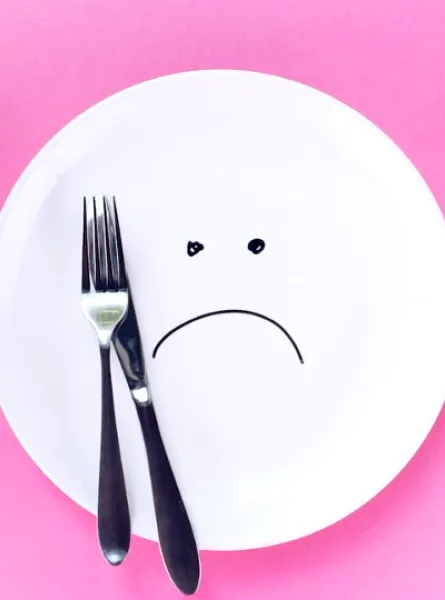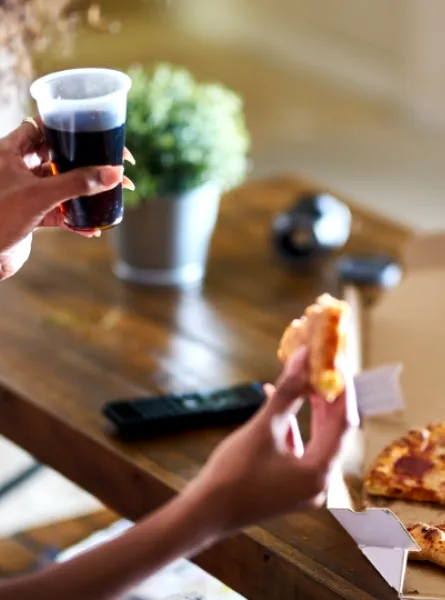
What exactly do we mean when we talk about diet culture? It includes all the unhealthy behaviors that can be associated with food.
Let me give you some examples to make sure we start with the same basics:
- Weighing yourself very frequently;
- Keeping your old clothes hoping to fit into them one day;
- Feeling terrible after eating a food you like;
- Classifying foods as "good" or "bad";
- Not eating after a certain time of the day by fear of gaining weight;
- Avoiding certain types of food (e.g. carbohydrates) at all costs.
Does this sound familiar? You may be surprised, because you already have some of these habits but don't even realize you have them. This is normal, because these behaviors are encouraged in our society that values thinness (too much). Being thin is not only synonymous with health, but it also seems to be the only way to achieve beauty, happiness and success.
What if I told you that you didn't need to control your diet to be healthy?
Or even to try to reduce the weight on the scale in a relentless manner. In fact, going on several diets often leads to weight gain rather than the desired results.
What I suggest is that you trust your body. Put an end to those diets that make you live in long periods of restriction and obsess about your food. Instead of constantly thinking about the calories and grams of carbs you eat, listen to your body. Feed it when it sends you hunger signals. Think about what foods you want to eat. What smells and textures do you crave? Do you want hot or cold? It's important not to ignore your cravings and food preferences. Your body is smarter than you think. It is able to regulate itself, taking into account your pleasure while meeting your nutrient needs. Once you stop controlling it, it can finally do its job. When you allow yourself to eat what you want, all foods become equal. You become free with what you eat and food slowly loses its control over you.
If you want to start being kinder to yourself, here are some suggestions:
- Get rid of your scale so that your mood is no longer determined by a number;
- Buy clothes that you feel comfortable in and that fit you;
- Keep the foods you like in your kitchen;
- Feed your body at regular times so that it regains its hunger signals;
- Move in a way that is enjoyable and doesn't put pressure on you;
- Challenge your beliefs about food and health, learn about intuitive eating.
Deconstructing everything we've learned about health is far from an easy task. However, it is well worth the effort to finally find a healthy relationship with food and your body; for good physical AND mental health. Remember that you are your biggest investment. So take back all those lost years of fighting with your body and treat it with the respect it deserves. Our nutritionists can help you in this process, so don't hesitate to contact us for a personalized assessment.





